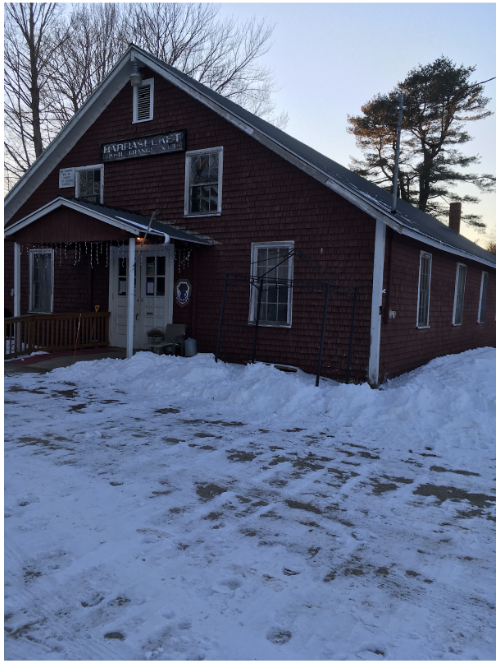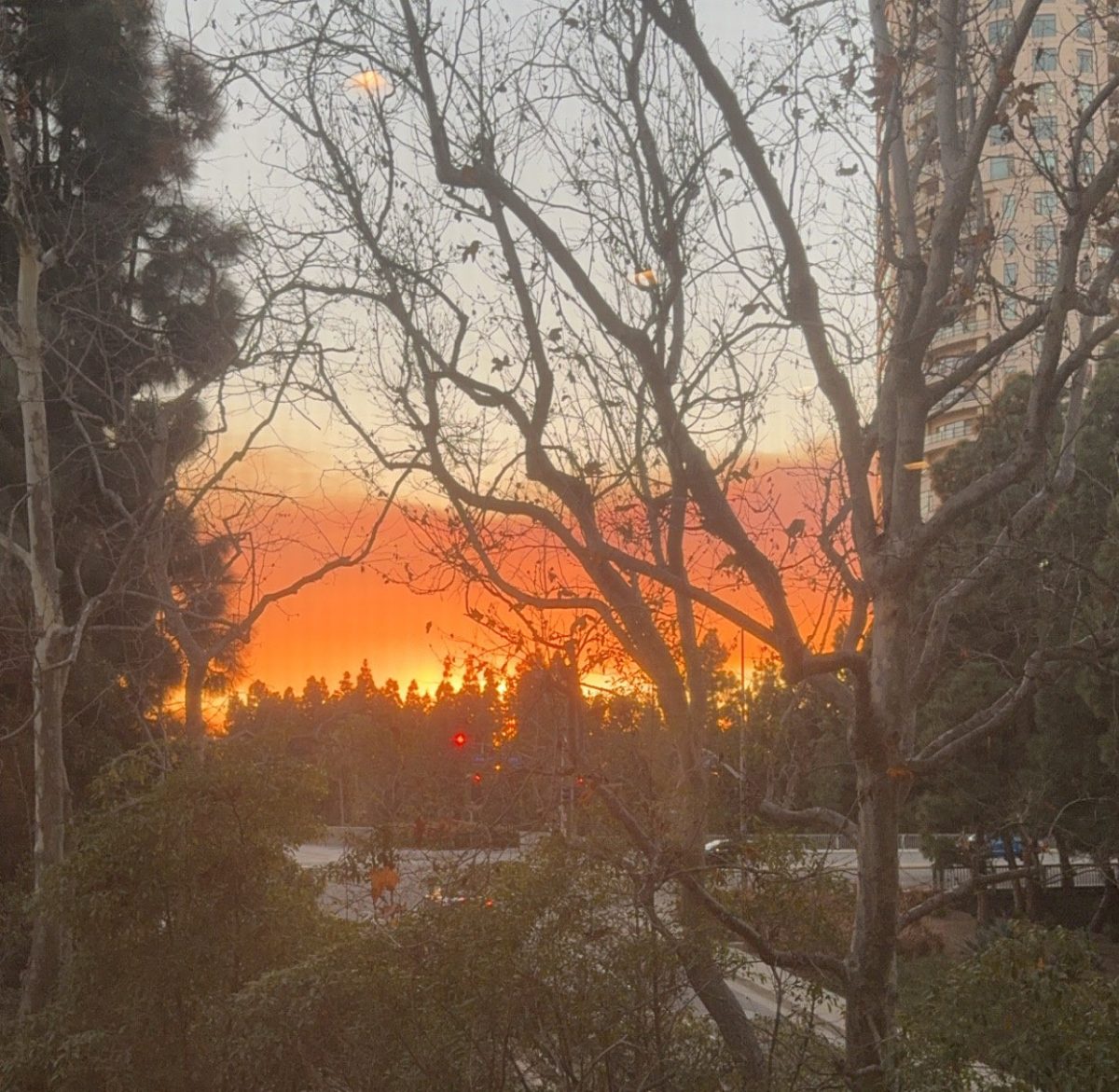“My personal opinion is that the Grange has not done a very good job, as an organization, of maintaining its relevance in the 21st Century,” says Joshua Murray, 19. The Grange, also known as the Grange of the Order of Patrons of Husbandry, is a community organization which promotes agriculture and agricultural education. Its name comes from an archaic word for a country farmhouse.
The Grange was very influential in the past. Founded in 1867, it was very progressive for its time, allowing both women and non-white people to be full members of the organization. The Grange was also involved with the movement known as Populism. The People’s Party, which was at the forefront of this movement, gained much of its support from members of the Grange, who campaigned for a variety of policies which would benefit farmers. These policies included the widespread introduction of silver currency, which would aid farmers in paying off their debts as well as railroad regulations that would make transportation of crops less expensive. The party, the movement, and the Grange were most influential in the southern and western United States. Support from farmers, including numerous Grange members, enabled the People’s Party to become a powerful and influential third party in the 1892 U.S. presidential election.
The Grange, as an organization, is divided into a variety of local groups, referred to as Subordinate Granges, which carry out the Grange’s activities of non-partisan advocacy for farmers and community events promoting agriculture. In many parts of the United States, local granges have been an important fixture in local communities in the past. However, today, many granges have greatly diminished in size and are struggling to maintain their previous influence.
One such grange is the Harraseeket Grange #9, located in the coastal town of Freeport, Maine. Established in 1874, this grange was one of the earliest in the state. But, like many other granges, it is struggling to survive. I spoke to Joshua Murray, a member of this particular grange, about the future of the Grange. He suggests that one cause of the Grange’s decline is that there simply are not enough young people interested in joining the Grange. “[At Harraseeket Grange] the average age is about 40 and I’m the only member under 30,” he says. “I think many, though not all, of the people you see in many granges around the state are people who did Junior Grange back in the 1980s or earlier who got involved in that because of the traditions. I think the Grange has almost systematically failed to recruit young people in the last 40 years outside of legacy members whose parents were in it as adults.”
Looking at large-scale economic shifts, this makes sense. As agriculture becomes a sector of the economy with ever fewer people involved in it, it also becomes an increasingly unappealing career for many young people, so there is reduced interest in joining an agricultural organization like the Grange.
Another threat to the Grange’s survival is a sense of purposelessness. Joshua says, “As America becomes less agricultural and as fewer of the Grange members are as deeply involved in agriculture, I think it’s become difficult to see the point of participating in [the Grange].”
However, the decline of the Grange is not irreversible. Despite its low number of members, only around 14, there are many more than there once were at the Harraseeket Grange. According to Joshua, “[Kathleen, the Grange President] is doing a good job of recruiting people, including young folks like me, and a lot of her friends have come in and they have been really active, which is great.” However, 14 is still very few members, and the Harraseeket Grange is still far from its previous level of influence.
As time goes on, it seems ever more likely that the Grange will continue to diminish in importance. However, it is possible for the Grange to survive. Joshua suggests that, instead of focusing on the ritual aspects of the Grange, the focus be shifted to the community aspects of the Grange.
Certainly not all Subordinate Granges are in the same situation as the Harraseeket Grange, and the Grange still exercises its positive influence over many places, but its future is, in general, not bright. It is possible that the Grange may survive, but it is also possible that it will fade into complete obscurity. As Joshua Murray says, “We’re living in a decisive next twenty years for the organization. If we want to keep this thing together, we have to act.” Only time will tell.




